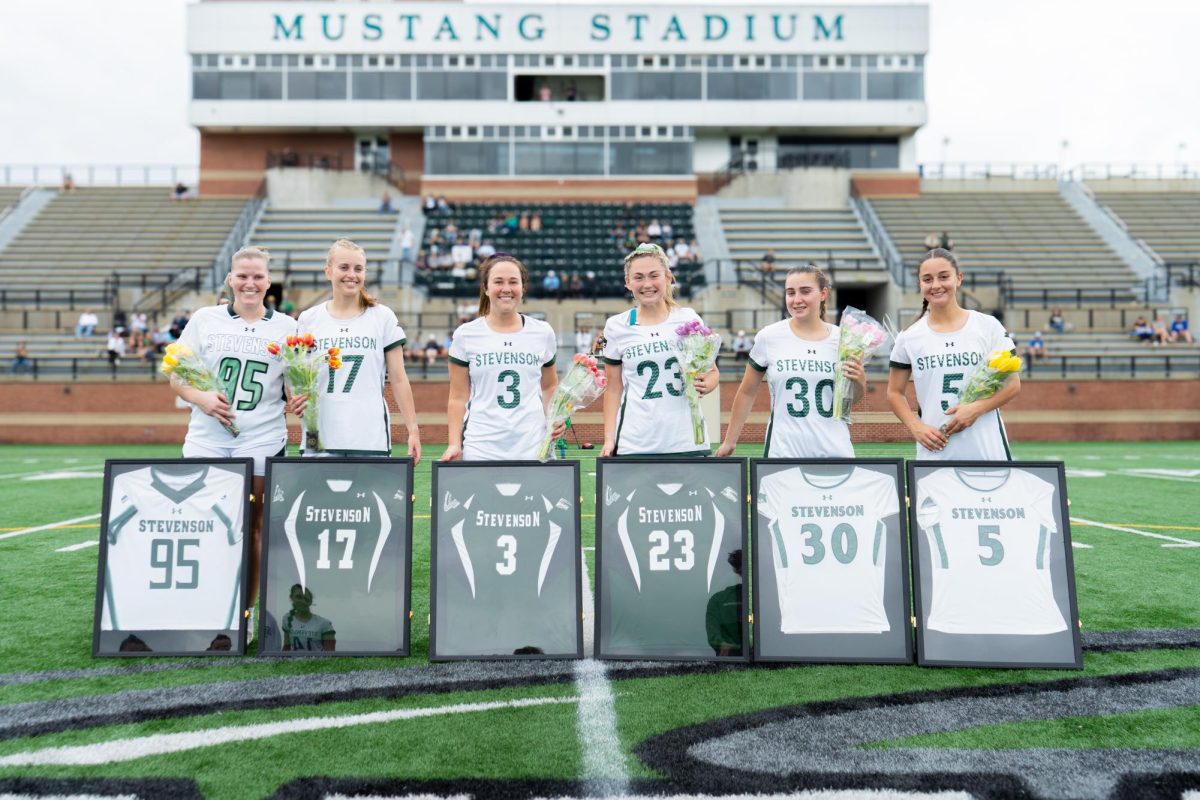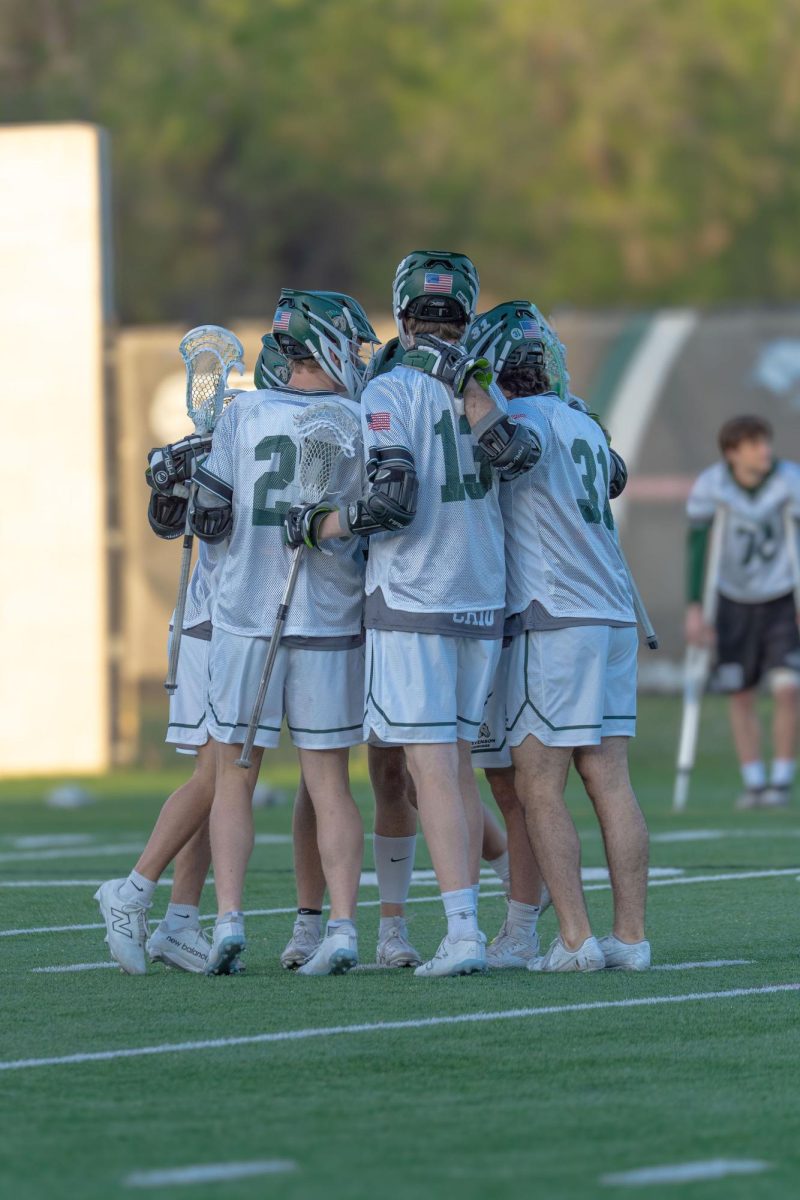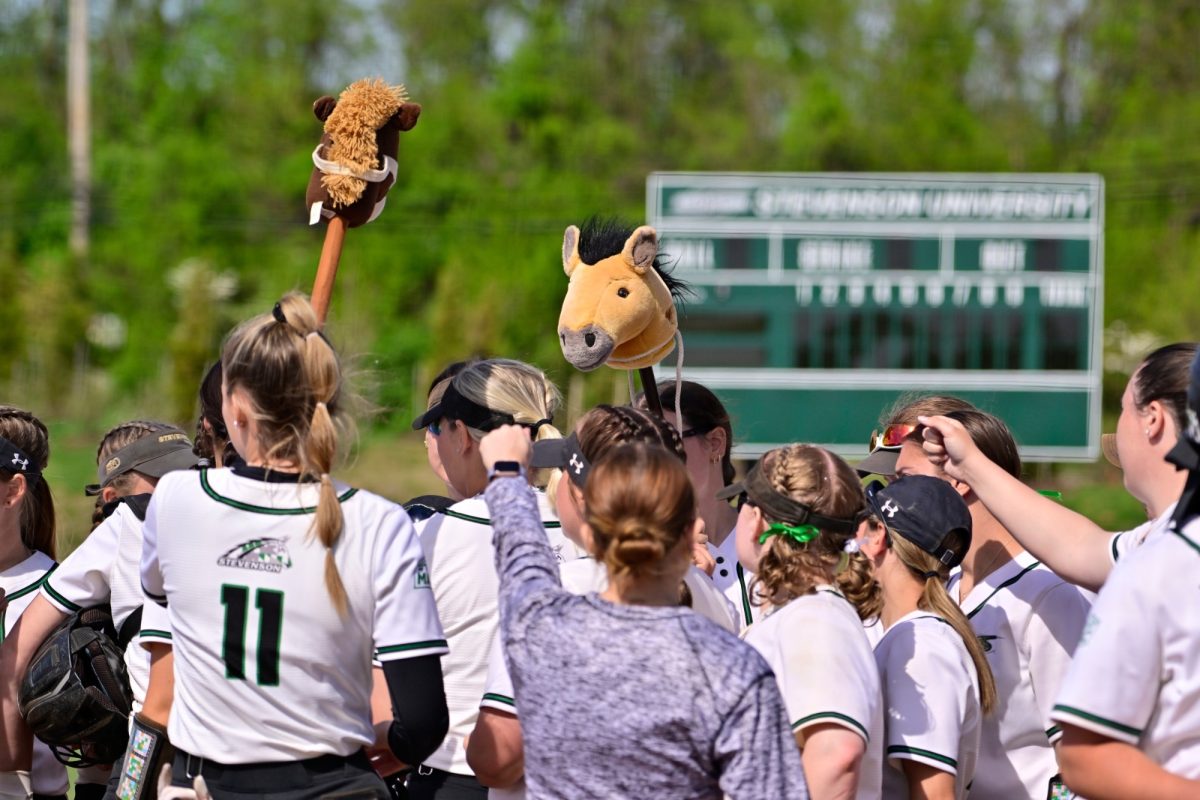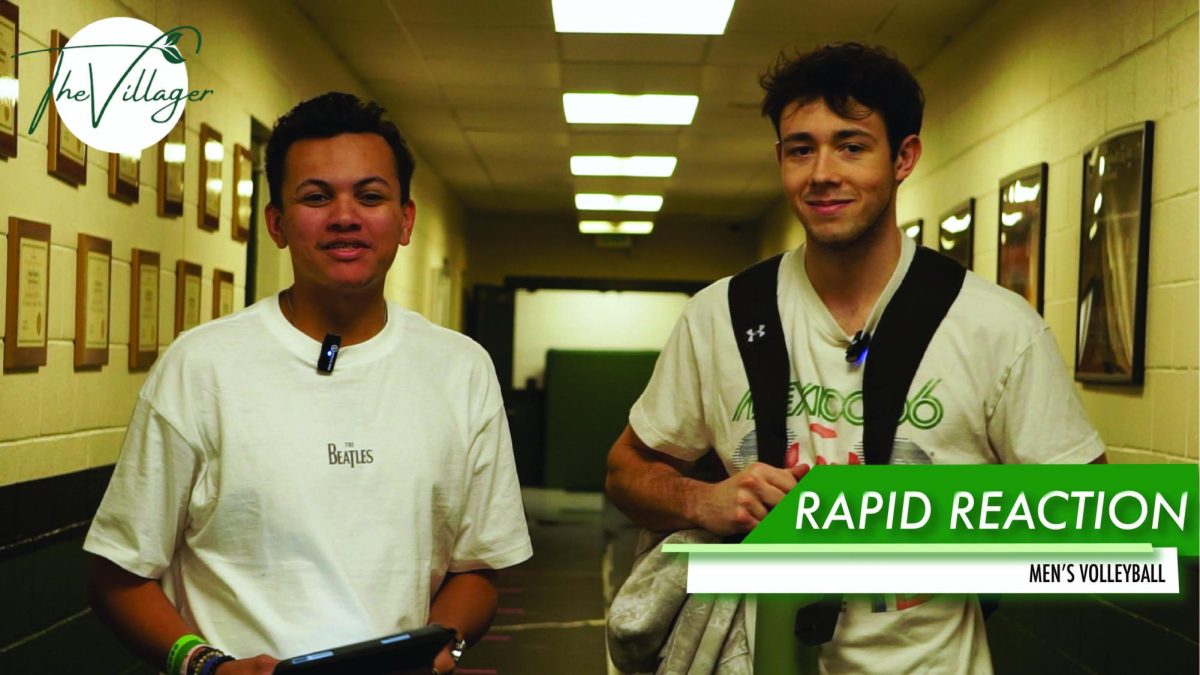Keegan Caffery is a junior nursing major at Stevenson University. She recently spoke on “what life is like” for her nowadays – not just as a college student, mid-pandemic, but as a nursing major in particular. If there’s one academic specialty needed the most in the U.S. workforce right now, it’s nurses. So why would anyone want to pursue such a degree knowing that burnout, staff shortages, and stress are waiting at the finish line?
“Growing up I was always kind of interested in helping people and the medical field was something I knew I could do, so I thought it would be a good idea,” Caffery said. And although the pandemic has added its own specialized bundle of pressures and stresses to Caffrey’s academic experience, this sentiment remains. Plus, as Caffrey explained, COVID-19 has also given nursing students the opportunity to experience the kinds of “hands-on” action that many hopeful RNs haven’t experienced before (at least not in the past 100 years).
Indeed, nursing majors (a.k.a. active students) nationwide have been pushed into the field to join the battle against COVID-19 at its forefront. In fact, many SU nursing students had the opportunity to work with the Baltimore County Health Department to help with COVID-19 testing and the country’s 24-7 hotline.
Caffrey explained that many current students are completing their “clinicals” – wherein soon-to-be nurses shadow others already working in their fields while performing some of the basic duties of an “on-call nurse” – this way.
But while being at the forefront-of-the-pandemic experience helps, it also brings hindrances for nursing majors seeking to complete their mandatory clinical rotations. “Because of COVID-19, [nursing] students are only able to go [to clinicals] on certain days and on the other days they go virtually,” Caffrey explained. The back-and-forth has made it difficult to get all the needed types of “hands-on experiences” nursing majors normally would get the year they start their “clinicals.”
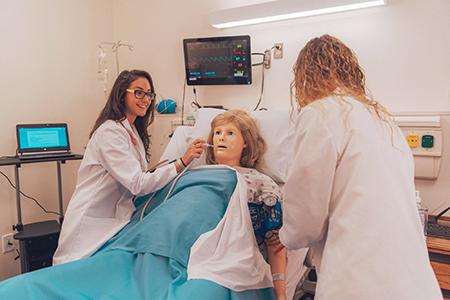
Basically, nursing majors are getting too much “hands-on” experience when it comes to the pandemic, but not necessarily enough or what they expect when it comes to their areas of focus, be that neo-natal, geriatric, or intensive care, to name just a few.
The back-and-forth with clinicals reflects the constant “on-the-go” nature of Caffrey’s daily routines. She advises incoming nursing majors to learn and practice time-management skills before they get into the nitty-gritty of their fields and academic pursuits. “Sometimes you literally have to plan free time for yourself,” Caffery added.
But again, nursing majors right now are, for the most part, getting the kind of experience many RNs only get after a few years in the field.
Laurel Moody, assistant professor in Stevenson’s Berman School of Nursing and Health Professions and active nurse in the field for 32 years, commented on the present situation. “There’s no better time than in the middle of a global pandemic to teach students about the value and importance of nurses working out in the communities as well as hospitals,” Moody said.
Interested readers can find more about pursuing nursing (as a major or minor) at Stevenson here.













